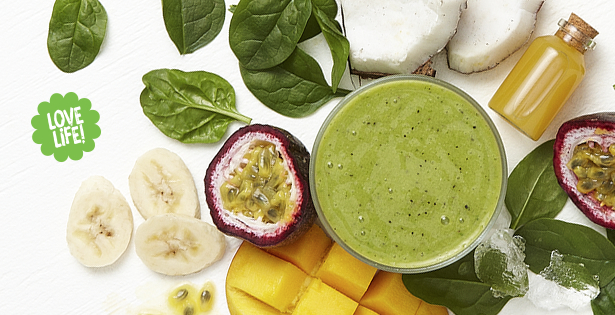

Heart Health!
We have your best interest at heart!
It is important to eat a healthy diet comprising of the five food groups to maintain a healthy weight, and to keep energy levels up on a daily basis. Eating a healthy balanced diet and keeping active assists with looking after your heart health, such as maintaining and controlling blood pressure and cholesterol.
Our Boost Dietitian, has put together some simple tips for how to keep your heart health in check. Read on to find out further details on heart health.
Our tips for a healthy heart:
* The amount of water each person requires per day varies depending on their age, dietary requirements, weight, the climate and levels of physical activity.
Risk factors for heart disease:
Quick facts about coronary heart disease or heart disease:
How much salt should we be eating?
Adults – less than 2300mg /day. This is equivalent to ~ 1 teaspoon per day
Children 8-18 years – less than 2300 mg /day
Salt is also called ‘sodium’. When comparing food products use the per 100 g column on the nutrition information panel to compare sodium levels of different brands
Low salt foods - less than 120 mg sodium per 100 g are considered low in salt
To maintain heart health choose foods with less than 400 mg sodium per 100 g
What type of fat should we be eating?
Eating foods high in saturated fat increases your cholesterol, particularly your bad (LDL) cholesterol. To maintain and reduce your cholesterol, limit foods containing high levels of saturated fat. This includes the fat on meat and chicken, full fat dairy products, butter, processed and packaged foods including biscuits, chips, cakes, ice cream, chocolate and pastries, and foods containing palm and coconut oil. To reduce your risk of heart disease and maintain a healthy heart choose foods that contain healthier fats (mono and polyunsaturated fats) to increase the good (HDL) cholesterol, and lower the bad (LDL) cholesterol. Foods include avocados, nuts, seeds, cooking oils and spreads (olive, canola, sesame, and sunflower) and deep sea oily fish such as salmon, tuna and sardines.